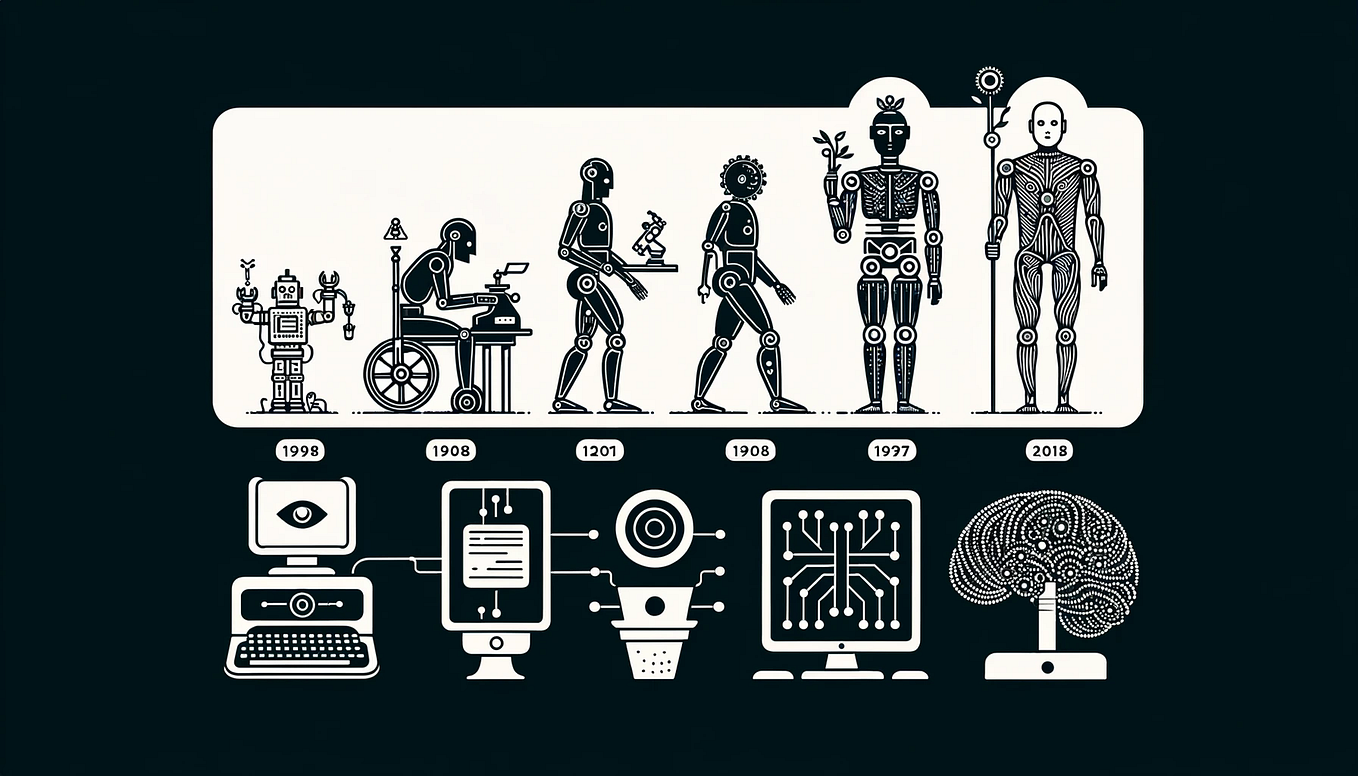In an era where digital connections redefine social interactions, the concept of friendship has undergone a dramatic transformation from the handwritten letters of pen pals to the instant, sometimes even artificial, companionship of AI pals. This generational shift reflects broader changes in technology, communication, and human psychology, highlighting how friendship adapts to societal evolution while retaining its core essence of connection and support.
The Golden Age of Pen Pals: Friendship Through the Written Word
For much of the 20th century, pen pals formed the cornerstone of long-distance friendships, especially among youths eager to transcend geographic and cultural barriers. These correspondences involved carefully crafted letters, stamps, and often waiting days or weeks for a reply—a process that cultivated patience and deepened anticipation. Whether through exchange programs, clubs, or serendipitous matches, pen pals allowed individuals to experience friendship in a slow, thoughtful manner.
Pen pal relationships were treasured for their intimacy and authenticity. The act of writing by hand conveyed personal effort and emotional sincerity, while aging paper preserved memories physically. These bonds also served educational and diplomatic purposes: many schools encouraged pen pal programs to foster global awareness and cultural empathy during the Cold War and beyond.
The Internet Age: Expanding the Social Horizon
The 1990s and early 2000s witnessed a paradigm shift as the internet introduced email, instant messaging, and social media platforms, drastically compressing the time and barriers for communication. Suddenly, friendships could be nurtured globally with realtime text, photos, and video sharing. The social graph exploded, allowing people to maintain dozens, even hundreds, of loose yet meaningful friendships online.
This era brought unparalleled connectivity, but also new challenges: friendships became more fluid, sometimes superficial, and driven by digital identity performance. Platforms like Facebook, MySpace, and later Instagram and WhatsApp reshaped how people presented themselves and chose friends. Online communities formed around shared interests, hobbies, and support needs, democratizing friendship but also raising questions about quality versus quantity.
The Rise of AI Pals: Artificial Companionship in a Digital World
Now, in the mid-2020s, the boundary between human and artificial friendship is blurring. AI pals — chatbots, virtual companions, and social AI agents — are emerging as novel players in people’s social ecosystems. Powered by advancements in natural language processing and emotional recognition, AI pals offer personalized conversations, companionship for the lonely, mental wellness support, and even entertainment.
Companies and startups have launched AI friendship platforms that can learn from users’ preferences, moods, and routines to provide contextually relevant dialogue and emotional validation. These AI companions do not replace human friends but supplement social needs, particularly for people isolated by geography, mobility, or mental health issues.
Why This Evolution Matters
The journey “From Pen Pals to AI Pals” highlights several vital themes:
-
Adaptability of Friendship: While the mediums have evolved, the human desire for connection, empathy, and belonging has remained constant across generations.
-
Cultural Reflection: Each era’s dominant communication mode reveals broader societal values—patience and thoughtfulness in the handwritten era, speed and visibility in the internet age, and convenience and personalization in the AI era.
-
Challenges and Opportunities: The digital and AI age brings concerns about authenticity, privacy, and emotional dependency, yet also unprecedented inclusion, support, and innovation in social bonds.
-
Redefining Boundaries: AI pals invite a reexamination of what it means to be a friend—is authenticity strictly human, or can companionship, regardless of origin, fulfill social and psychological roles?
Generational Perspectives
-
Baby Boomers and Gen X: Often nostalgic about pen pal friendships, this generation values depth and privacy in communication, sometimes struggling with the speed and exposure of contemporary digital socializing.
-
Millennials: Comfortable straddling both worlds, millennials embrace social media yet seek meaningful connections through authenticity and shared causes.
-
Gen Z and Gen Alpha: Digital natives who are the most open to diverse forms of friendship—including AI—while expressing concern about mental health and social isolation, prompting innovative social tech.
Looking Ahead: The Future of Friendship
As AI technology grows increasingly sophisticated, its role in social relationships is likely to expand, with potential for custom-tailored emotional intelligence and real-time support previously unimaginable. Ethical guidelines, transparency, and psychological research will be crucial in shaping AI companionship frameworks that enhance rather than undermine human social fabric.
Hybrid friendships that blend physical, digital, and artificial interactions will become normative, redefining connectivity in profound ways. Ultimately, the core essence of friendship—as a source of trust, understanding, and mutual growth—will persist, adapting seamlessly through the ages, from letters on paper to lines of code.
Sources: Pew Research Center, The Conversation, Wired, Psychological Science Journal, BBC Future, MIT Technology Review, Harvard Business Review

